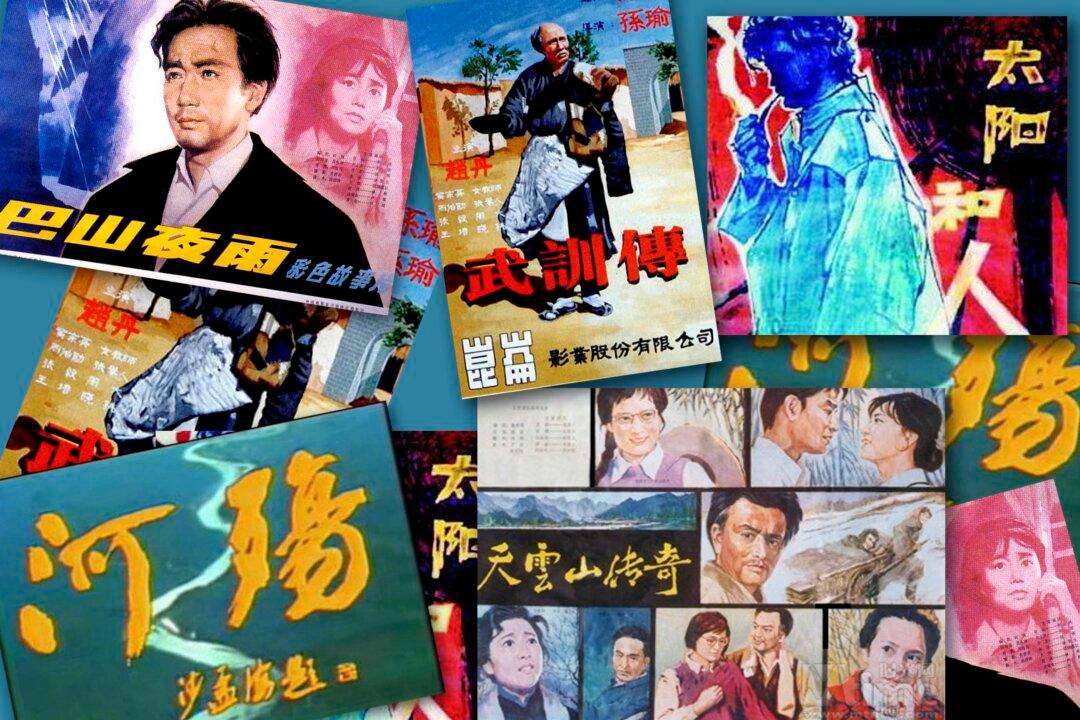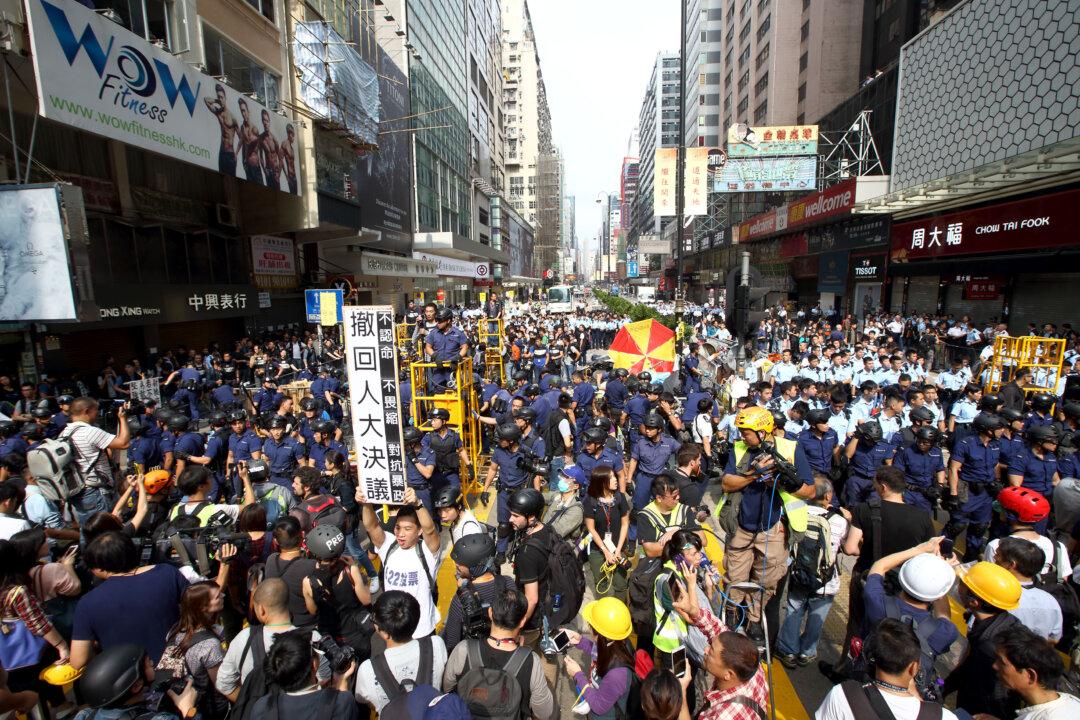All political events began with literary events after the Chinese Communist Party (CCP) established its regime, according to Shi Cangshan, a China expert based in Washington, D.C.
A lot of the time, the CCP’s political campaigns have begun with the criticism of a movie.
‘The Life of Wu Xun’
In December 1950, “The Life of Wu Xun,” a movie about a beggar named Wu Xun who built schools during Emperor Guangxu’s time in the late Qing dynasty, was released.
The movie won rave reviews nationwide, particularly among the intelligentsia social class. None would have thought, however, that a ferocious undercurrent was surging.
On May 20, 1951, Mao Zedong published an editorial in the People’s Daily titled “Discussions on the movie ‘The Life of Wu Xun’ should be seriously regarded.”
After that, the CCP started to engineer “ideology reform campaigns” for intelligentsia. Following the criticism campaign of “The Life of Wu Xun,” campaigns to criticise the ideology of Hu Shih and research on the famous novel “A Dream of Red Mansions” were launched, among others.
Between May 13 and June 10, 1955, Mao launched a criticism campaign against the “bourgeois idealism” of Hu Shih, issuing orders to the People’s Daily to publish three articles to criticise Hu Feng, a famous literary critic, while penning the editor’s comments on the articles himself.
Thus Hu Feng and others like him were labelled “Hu Feng’s counter-revolutionary gang.” Hu Feng himself was arrested on May 18.
According to statistics, that campaign implicated more than 2,100 people, of whom 92 were arrested, 62 were isolated, and 73 were suspended from positions and ordered to reflect on themselves. Only after the Cultural Revolution ended did the CCP re-examine the case
‘Hai Rui Dismissed From Office’
On Nov 10, 1965, the Shanghai newspaper Wen Wei Po published an article by Yao Wenyuan titled “On the new historical drama ‘Hai Rui Dismissed From Office.’” This led the way for Mao to launch the Cultural Revolution.
On Dec 21 that year, Mao said, “Yao Wenyuan’s article is very good, naming the right names. It is a great shock to those in the domains of theatre, history, and philosophy. However, it did not get to the crux, which is the dismissal of officers. As emperor Jiajing dismissed the Ming Dynasty officer Hai Rui, we dismissed [CCP Marshal] Peng Dehuai in 1959.”
On May 16, 1966, an extended meeting of the CCP’s Politburo approved the “Notice from the Central Committee of the Communist Party,” also known as the May 16 Notice, which was drafted by Kang Sheng and Chen Boda and edited by Mao. The release of the May 16 Notice marked the official commencement of the Cultural Revolution.
The Cultural Revolution lasted 10 years, annihilating China’s traditional culture and causing the unnatural deaths of at least 7.73 million people.
Movie reflections
On Dec 18, 1978, the CCP Central Committee held the 11th Third Plenum to establish a new course called “reform and opening up.” Then-Chinese leader Deng Xiaoping spoke at the meeting, followed by Deng’s comrade Hu Yaobang chairing the “political rehabilitation.”
Hence, reflecting on the CCP’s numerous political campaigns became the most powerful social ideological trend in 1980s.
In 1979, the literary magazine Shiyue published a film script, “Unrequited Love,” written by Bai Hua and Peng Ning, which was made into a movie by the latter in 1980 and was renamed “The Sun and Man.”
The film set off a nationwide big bang. The key argument was a line in the movie: “You have love for this country, but does this country love you?”
This line had a huge impact on university students in the 1980s. The CCP launched political criticism against this line, which aroused much sympathy among the people instead.
After Deng was released from house arrest at the end of the 1970s, Chinese director Xie Jin directed a series of movies: “Legend of Tianyun Mountain” in 1980, “The Herdsman” in 1982, and “Hibiscus Town” in 1987, which were collectively known as the “Reflections Trilogy.”
“Legend of Tianyun Mountain,” an adaptation of Lu Yanzhou’s novel “A Mountain of Red Rhododendron,” is a movie that reflects on the Anti-Rightist Movement campaign that aroused strong, widespread social repercussions.
“Evening Rain,” a movie filmed in 1980, tells the story of Qiushi, a persecuted poet during the later stage of the Cultural Revolution. The movie, which is set on a ship sailing from Chongqing to Shanghai on the Yangtze River, revealed the cruelty that occurred during the Cultural Revolution, causing a sensation.
Before CCP leader Zhao Ziyang pushed for political reform, China Central Television released a six-episode TV documentary titled “River Elegy” in June 1988. Through comparing China’s “land-based civilization” and the Western “maritime civilization,” it explored the theme of national destiny.
The movie sparked a “River Elegy” fervour among university students and the public, and it was considered to be the ideological guide of the student movement in 1989, only to be lashed and banned by the government after the Tiananmen Square protest in 1989.
Translated by Wu SQ. Edited by Sally Appert.

